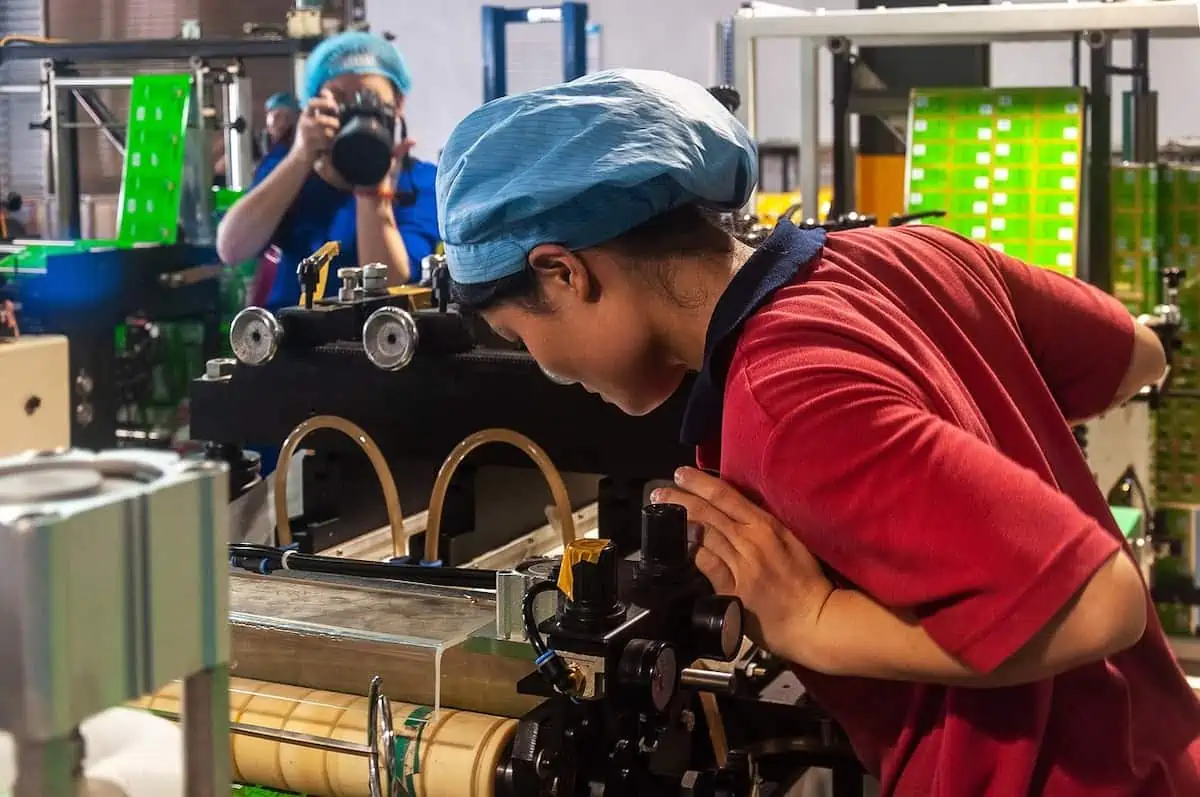Manufacturing production delays can be devastating for the core business and others that rely on the manufactured products for their own processes. A delay in one manufacturing plant can have ripple effects across a whole supply chain, which is why it is so important to prevent these delays.
Doing so starts with understanding why they happen. Below we explore some of these reasons.
Design Changes
Design changes are inevitable due to changing customer expectations and demands, or for a myriad of other issues. Finding issues where design changes are required is not very challenging if you are getting feedback from customers; it is implementing these changes that is more challenging. Required design changes can also come from the quality assurance department.
In any case, these design changes require a change in the manufacturing process which might include retooling. These processes take a lot of time and can therefore lead to a delay in the manufacturing process.
Stockouts
Stockouts are devastating for manufacturers because they cannot produce goods without raw materials. This causes bottlenecks, lost time, and delays that translate into longer lead times and dissatisfied customers.
If these stockouts cause prolonged delays, they can also lead to loss of sales, customers, and market share. Inventory process automation and just-in-time manufacturing are the two best ways to protect your business against such issues.
Equipment Breakdown
Equipment breakdown is a very common cause of downtime that leads to manufacturing production delays. Equipment can break down because it is old, faulty, or has not been undergoing regular maintenance for the time it has been working.
Fixing a machine, testing it, and making it productive again can be easy when you have the right parts and personnel to handle the repair. However, things can get complicated if the machine uses customer fittings that are the reason for the breakdown. In that case, you need a partner who will fabricate your custom fittings quickly so you can get your machine back up and running.
Unnecessary Processes
Some businesses build every component of their product and then do the final assembly. Doing so increases the amount of time it takes to complete each order, which in turn lowers the company’s output and its return on investment. The resulting delays in delivery can also cause ripple effects as discussed above.
Instead of doing this, businesses should outsource some of the subassembly tasks. This will save them assembly time which can reduce manufacturing delays. Products take less time to complete. Lead times get shorter, customers are happy, and the bottom line looks better by making this one change.
Supplier Delays
Similar to stockouts, supply delays and disruptions leave manufacturers with no raw materials. Many suppliers do not communicate these issues before they become a problem because they want to solve them themselves. Everyone on the supply chain then gets affected if they are unable to, and this becomes a problem for manufacturers who were expecting the materials so they could deliver products to their customers.
Manufacturing production delays happen from time to time. When they do, they can cost businesses time, money and even customers. This is why it is so important to find ways to ensure they do not happen.

